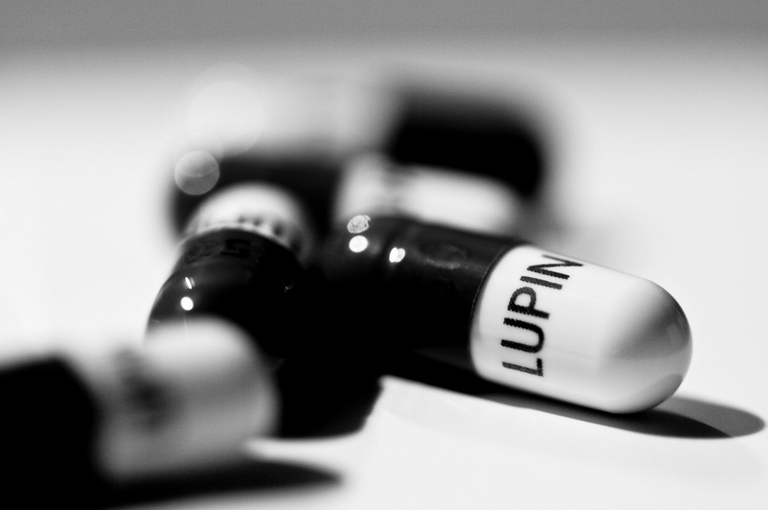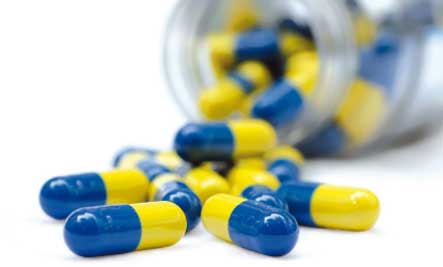What Will Happen When Our Drugs Stop Working?

As we seek to master our microbial stowaways, it has become increasingly clear our dominion will be hard-fought. Bacteria continue to evolve around our medical salvos with frightening proficiency and at a rate faster than we can munition new countermeasures.
And we are almost entirely to blame. Our medical professionals have over-prescribed; patients have under-dosed; agriculturalists have embraced the profit-generating potential of antibiotics for livestock. All without proper consideration of both the small-scale and macro-societal impacts of such practices.
The net result of this ratcheted microbial warfare is that the drugs we’ve depended on for so long have stopped working. Resistance through overuse. And what might happen when antibiotic resistance (AR) crescendos to a critical risk? What would a world look like absent antibiotic remedies?
i09 cites just a few of the consequences we might face:
•Transplant surgery becomes virtually impossible. Organ recipients have to take immune-suppressing drugs for life to stop rejection of a new heart or kidney. Their immune systems cannot fight off life-threatening infections without antibiotics.
• Removing a burst appendix becomes a dangerous operation once again. Patients are routinely given antibiotics after surgery to prevent the wound becoming infected by bacteria. If bacteria get into the bloodstream, they can cause life-threatening septicaemia.
• Pneumonia becomes once more “the old man’s friend”. Antibiotics have stopped it being the mass-killer it once was, particularly among the old and frail, who would lapse into unconsciousness and often slip away in their sleep. Other diseases of old age, such as cancer, have taken over.
• Gonorrhea becomes hard to treat. Resistant strains are already on the rise. Without treatment, the sexually transmitted disease causes pelvic inflammatory disease, infertility and ectopic pregnancies.
• Tuberculosis becomes incurable – first we had TB, then multi-drug-resistant TB (MDR-TB) and now there is XDR-TB (extremely drug resistant TB). TB requires very long courses (six months or more) of antibiotics. The very human tendency to stop taking or forget to take the drugs has contributed to the spread of resistance.
These concerns, multiplied by our own carelessness, have now ushered in the post-antibiotic era, where fresh approaches to combating life’s tiniest killers will be required. Phage therapy has been an enticing option for years, but there haven’t been nearly enough trials for commercial feasibility.
Vaccines are another option, but experts estimate that vaccination preparations for some of the hardest-hitting bacteria are at least a decade away.
Even bespoke derivations of antibiotics hold some promise, but will demand hordes of funding and research.
The silver lining of course lies in our biology. As products of selection, we have the capacity to adapt along with our symbiotic foes. And thanks to our neural resources and innovative spirit, we have a great deal more weaponry at our disposal.
“Yes, the post-antibiotic era is nearly upon us, but as always, we’ll continue to fight and find new ways to combat the most efficient and prolific organism this planet has ever seen.”

External link: Can We Avoid an Antibiotic Apocalypse?
Feature image credit: Photos by Courto


Comments